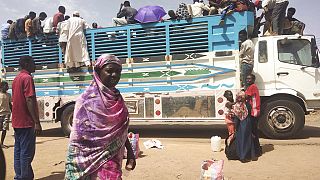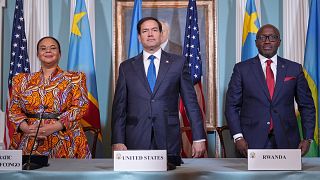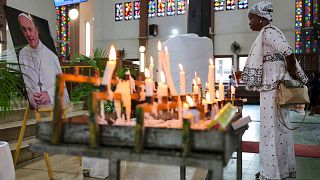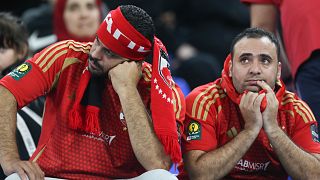The Morning Call
The Cannes International Film Festival kicks off on May 8. This festival is the most prestigious film festival in the world, mainly because of its exclusivity and long history of premiering some of the greatest films of all time. Films from around the world compete at the event for the Palme d’Or, which is the highest prize awarded.
A Kalabanda ate my homework is a Ugandan film about a boy and his encounter with a mythical creature called the Kalabanda. A Kalabanda is a mythical creature, like a ghost, which the boy, Tendo claims ate his homework. But does this mythical creature really exist?
Rafiki is a Kenyan film expected to be a source of pride for many Africans, since it has made history by becoming the first Kenyan film to be invited to the Cannes Film Festival. The film will have its world premiere at the prestigious Un Certain Regard series. It is adapted from the 2007 Caine Prize-winning short story, Jambula Tree, by Ugandan writer Monica Arac Nyeko and tells the story of two women, from families divided by political rivalry, who become close friends and then lovers, in defiance of their conservative society.
Unfortunately, most Kenyans won’t be able to watch the film.
The Kenyan government banned the film accusing it of having “clear intent to promote lesbianism in Kenya contrary to the law”. Film director Wanuri Kahiu confirmed the ban to her fans and said she is “incredibly sorry”.
The ban came just a few days after a CNN interview with Kenya’s President Kenyatta, who reiterated the country’s stance on homosexuality saying that it goes against cultural beliefs of majority of Kenyans and that gay rights is not a burning issue for Kenya at the moment.
Do all Kenyans share Uhuru Kenyatta’s sentiments on homosexuality?
It is true homosexuality is a taboo topic not only in Africa but also in other parts of the world. But African films exploring these kind of taboo topics are being praised abroad and banned at home.
Another example of such a film is South Africa’s Inxeba (The Wound), shortlisted for an Academy Award in the foreign language category. It was banned in February with the tribunal complaining that the film’s scenes of gay sex had no “artistic value” and could “increase tensions in society.” The film is a portrait of the relationship between two men who meet during a traditional initiation rite. The filmmakers challenged the ban in court and a few weeks later, the ban was lifted and the film returned to cinemas, becoming the most popular South African film of the year so far.
South Africa’s constitution, is one of the most progressive in the world. It prohibits discrimination on the grounds of sexual orientation and gay marriage is legal. But anti-gay prejudice and violence are still common.
The situation is much worse in dozens of African countries, including Kenya where gay sex can lead to a prison sentence of up to 14 years.
This topic continues to be quite sensitive but should Africa transform its laws in regards to homosexuality?





![Africanews celebrates fifth anniversary [Night Shift]](https://static.euronews.com/articles/stories/05/57/72/74/320x180_cmsv2_6b1e7837-a917-526b-b3b4-4582a3f8bcac-5577274.jpg)
![Africanews celebrates fifth anniversary [Morning Call]](https://static.euronews.com/articles/stories/05/57/72/70/320x180_cmsv2_a6c857d4-80a3-510a-88e6-f060ea8d9ee9-5577270.jpg)





